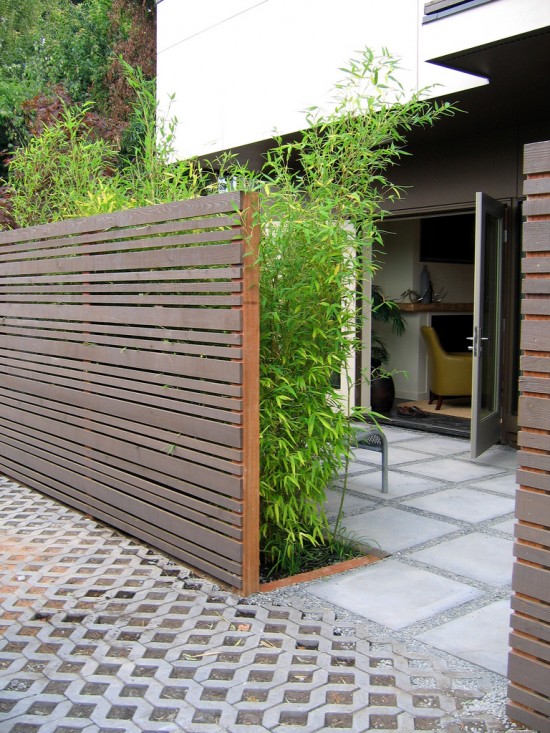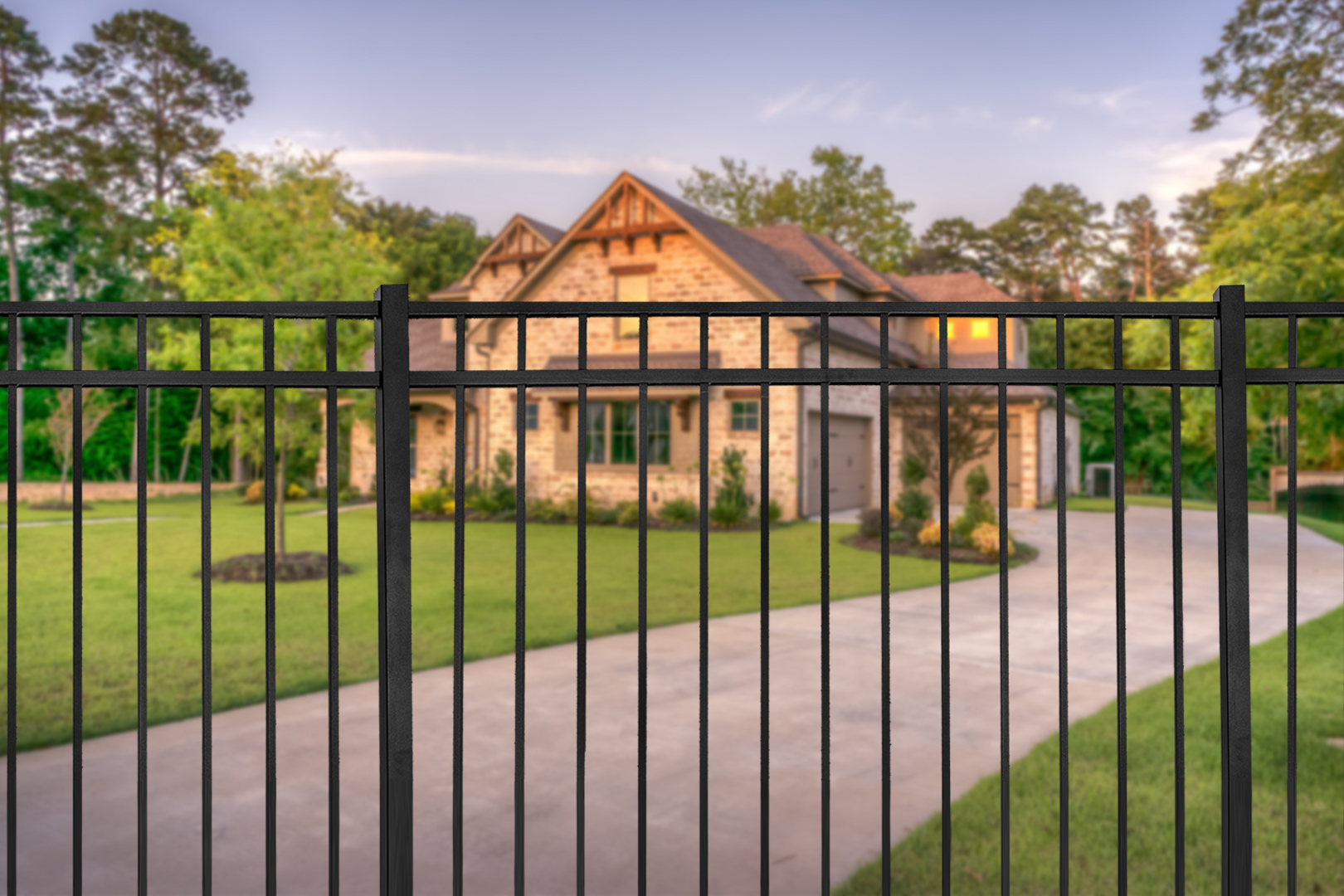All Categories
Featured

When installing a fence, selecting the right material is crucial to stabilizing performance, aesthetic appeals, and spending plan. Timber, vinyl, and aluminum are amongst the most commonly picked fence materials, each with its toughness and downsides. This overview discovers the benefits and drawbacks of these options to aid you make a notified choice.

Wood Secure Fencing. Pros:. Natural Appeal: Timber's classic appeal can boost any kind of residential property with its warm and timeless look. Personalized: You can paint, stain, or sculpt timber to fit your style preferences. Budget-friendly: Wood secure fencing is originally a lot more affordable contrasted to a few other materials. Eco-friendly: As a renewable energy, timber is biodegradable and typically thought about environment-friendly. Cons:. Maintenance-Intensive: Normal sealing, painting, or staining is needed to avoid damages from climate and parasites. Prone to Decay: Without proper care, timber can rot, warp, or fracture with time. Much shorter Life expectancy: Typically, wood fencings last 10-15 years, depending on the kind of wood and maintenance. Timber is a fantastic alternative for those who value aesthetic appeals and agree to purchase normal maintenance to protect its appearance and resilience.
Vinyl Secure Fencing. Pros:. Low Upkeep: Vinyl needs very little treatment-- just occasional cleaning with soap and water. Weather condition Resistant: It doesn't warp, rot, or catch insect damages, making it very resilient in various climates. Long life: Plastic fences can last 20-30 years with little to no repair work. Style Selection: Available in a vast array of styles, textures, and colors, consisting of wood-like appearances. Disadvantages:. Greater Initial Price: Vinyl fences are more expensive in advance contrasted to wood. Susceptability to Cold: In very cold climate, vinyl can come to be brittle and prone to splitting. Restricted Repair Work Options: Matching replacement panels can be challenging if damages takes place. Plastic secure fencing is excellent for house owners searching for a durable, low-maintenance solution that offers contemporary versatility.

Light Weight Aluminum Fencing. Pros:. Rust-Proof: Aluminum withstands rust, making it an outstanding option for moist or damp settings. Durable: Despite being light-weight, light weight aluminum is strong and can hold up against severe weather. Reduced Upkeep: It requires minimal upkeep, generally only occasional cleansing. Long Life-span: Light weight aluminum fencings can last years without significant deterioration. Elegant Style: Frequently used for ornamental purposes, aluminum fencing adds a sleek, sophisticated want to residential or commercial properties. Cons:. High Initial Investment: Light weight aluminum fences are among the costlier alternatives on the marketplace. Less Personal privacy: The open designs usual with aluminum fence do not offer much personal privacy. Prone to Damage: While durable, light weight aluminum can damage if struck with enough force. Light weight aluminum is an excellent option for homeowners focusing on visual appeals and longevity without calling for much maintenance.
Making Your Choice. When determining in between light weight aluminum, plastic, or timber secure fencing, consider your priorities:
Timber matches those who appreciate an all-natural appearance and don't mind placing in maintenance initiative. Vinyl is the most effective alternative for those seeking a low-maintenance, weather-resistant option. Aluminum supplies streamlined style and resilient longevity however might lack personal privacy. By carefully analyzing these products' features, you can select a fencing that complements your building while satisfying your functional and aesthetic requirements.
Latest Posts
Explore Limited-Time Auto Repair Specials in Chicago at Montclare Auto Repair
Published May 23, 25
1 min read
Learn About Montclare Auto Repair’s Most Popular Services and Why Drivers Trust Them
Published May 23, 25
1 min read
Enhance Your Residential Property with Expenses Door Equipment
Published May 21, 25
1 min read
More
Latest Posts
Explore Limited-Time Auto Repair Specials in Chicago at Montclare Auto Repair
Published May 23, 25
1 min read
Learn About Montclare Auto Repair’s Most Popular Services and Why Drivers Trust Them
Published May 23, 25
1 min read
Enhance Your Residential Property with Expenses Door Equipment
Published May 21, 25
1 min read